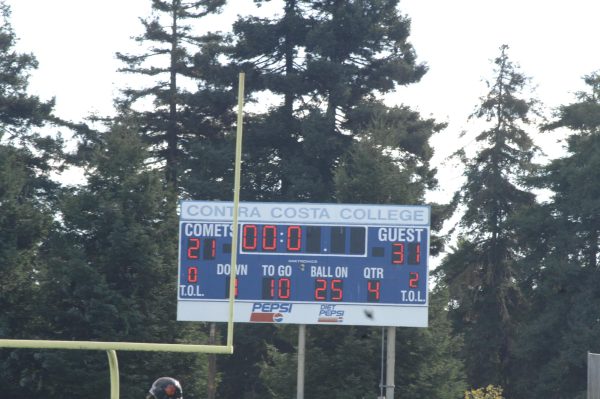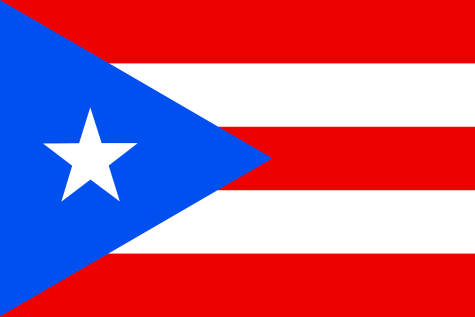ASU wastes potential
Student government group fails to address societal issues
May 18, 2016
Politics is about power. It is about who gets what, when, how, why and who pays.
The Associated Students Union at Contra Costa College is no exception to this definition.
And while the ASU does promote the college to the community by hosting campus events and providing up to $50,000 in funding to groups through its Grant For Support program annually, its potential to push for the real issues people face at a district or state level is obstructed by a culture of complacency.
Like other shared governance groups, the ASU are beholden to the will of the people it represents. But its members rarely go out of their way to engage the community and find out what issues people feel need to be addressed.
Building the foundation of an effective government doesn’t have to be complicated.
At its core a governance group needs to practice an inclusive, transparent and drawn out election process. The college needs to provide more staff support to make sure students understand their roles and the organization’s function. Finally, a political figure must be willing to listen to people and work to address their concerns.
Former ASU President Rodney Wilson said it best during ASU President Nakari Syon’s first meeting on Aug. 19, 2015.
“Just remember you don’t work for them,” Wilson said as he whipped a coy grin back to Student Activities Coordinator Erika Greene, former ASU Director of Training and Recruitment Luana Waters and college President Mojdeh Mehdizadeh sitting in the back of the meeting room.
“You are an independent body here to advocate for students,” Wilson said. “So before every decision you make as a board you should ask yourselves, ‘Is what we are doing the best for students or just a ruse to maintain a friendly relationship with (administrators) who we should respect?’”
His message was not received.
Little effort was put forth by Syon and most of the ASU Board to find out what problems exist on campus and in the community.
According to The Advocate’s random poll of 350 students, faculty and administrators on campus, most people agree that politicians should address issues like student debt, police brutality, climate change, immigration, war, income inequality, health care, housing costs, gender rights and the corruption of people in power.
A great exercise of this power would be to petition to eliminate the $5 Student Activity Fee students pay at the start of every semester to fund the Grant for Support program.
While the money is used to benefit students, the ASU Board only spent $38,510 out of the $50,000. The SAF is a semesterly fee — so where did $12,490 go?
On another note, why are the ASU minutes and agendas not available online?
But more time at meetings throughout the 2015-16 academic year was spent approving invoices for office supplies, reading rules and bylaws or allocating funds to pay for an office assistant.












